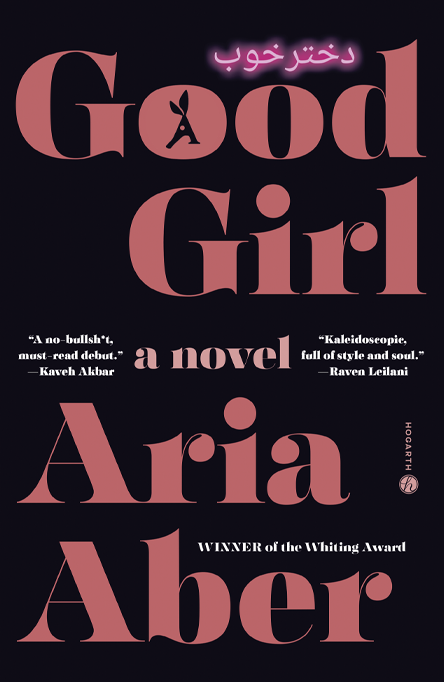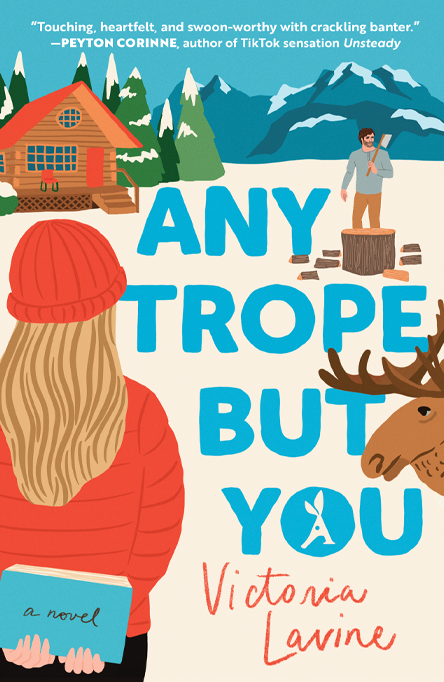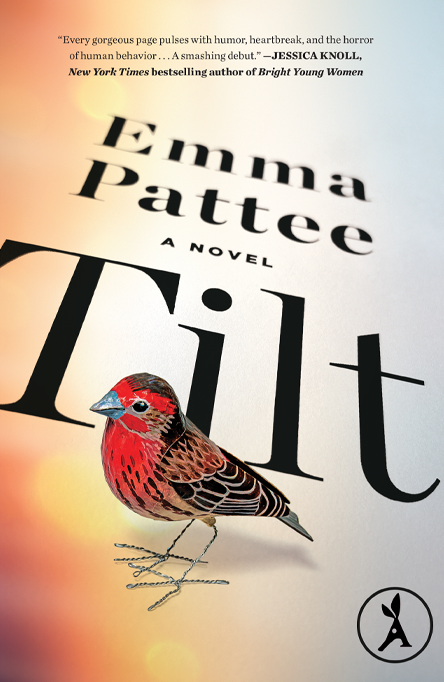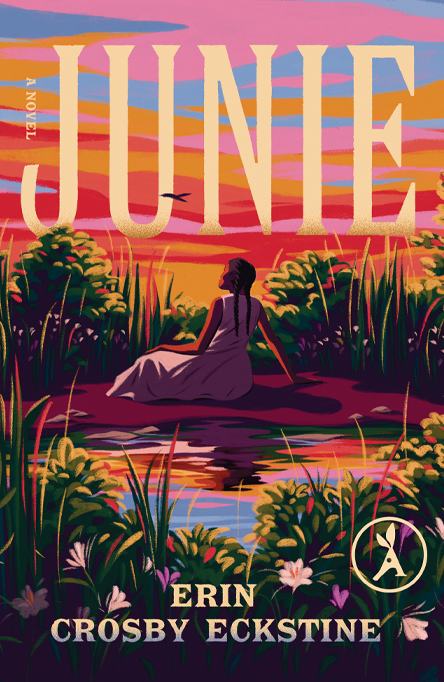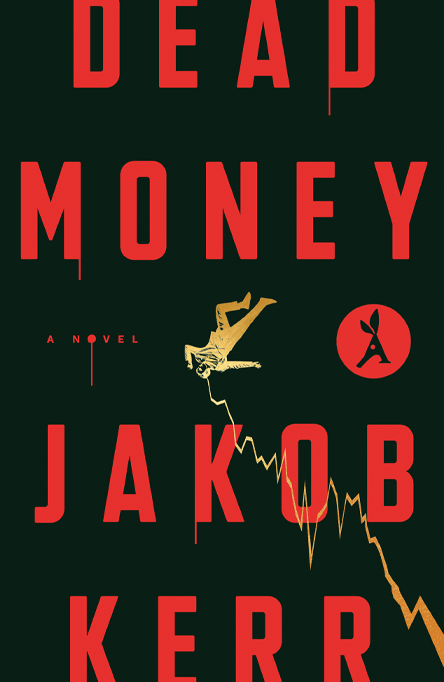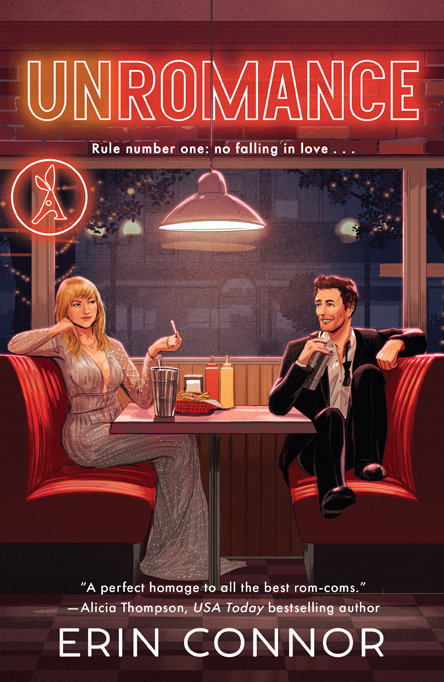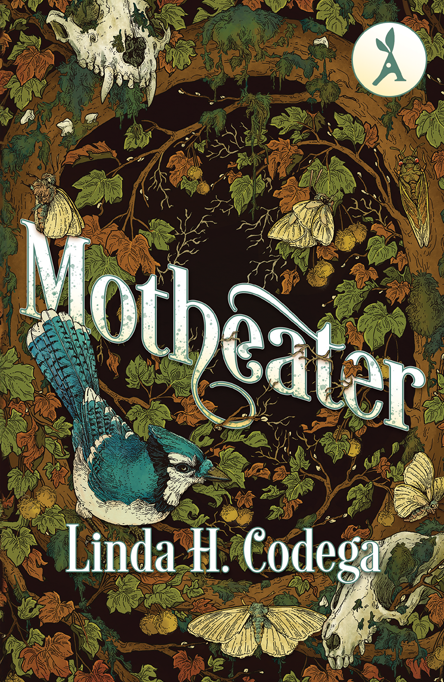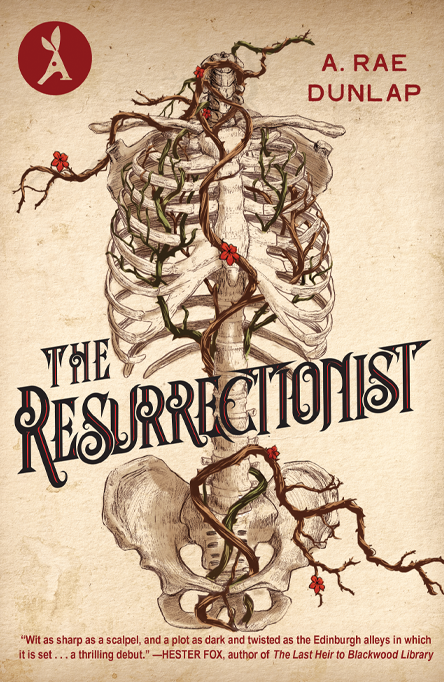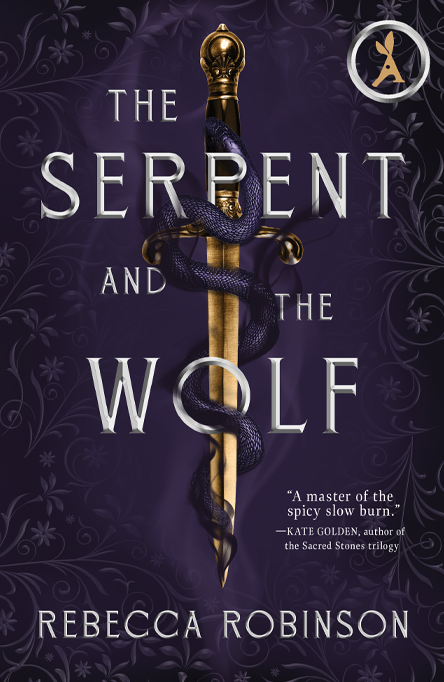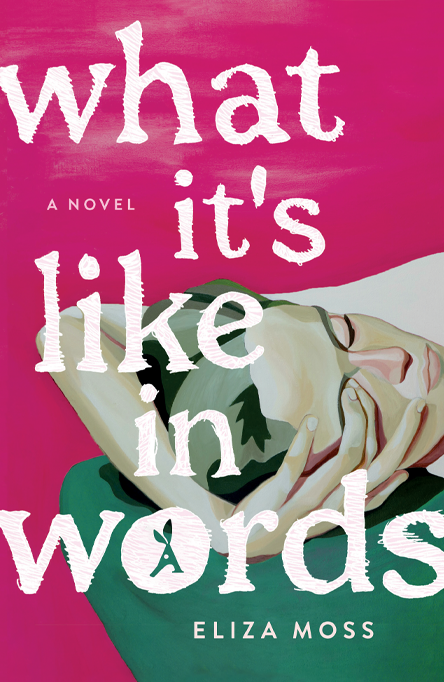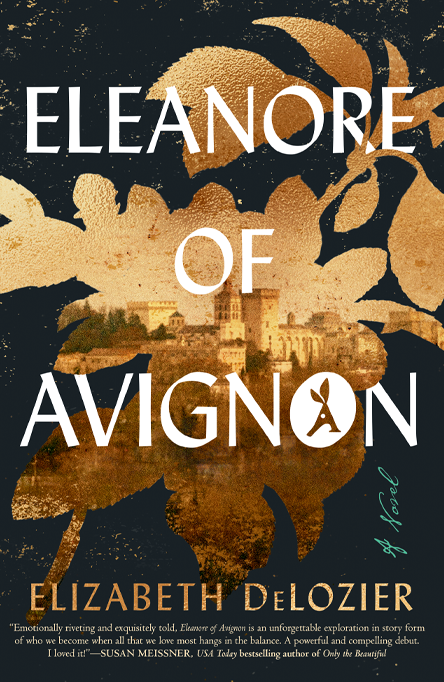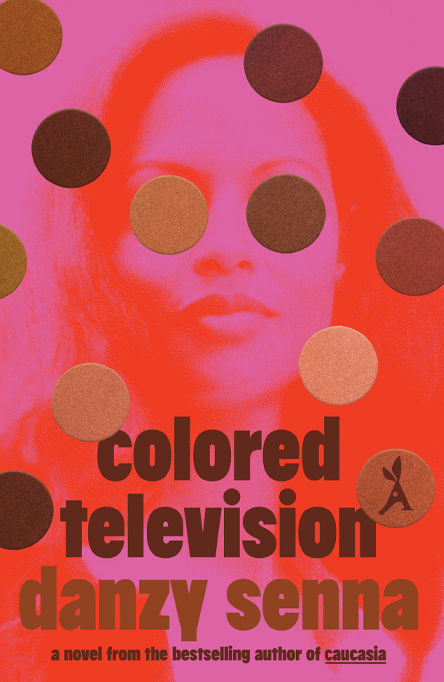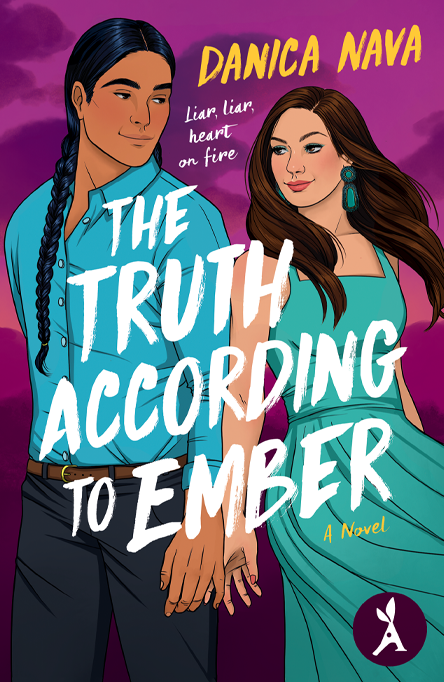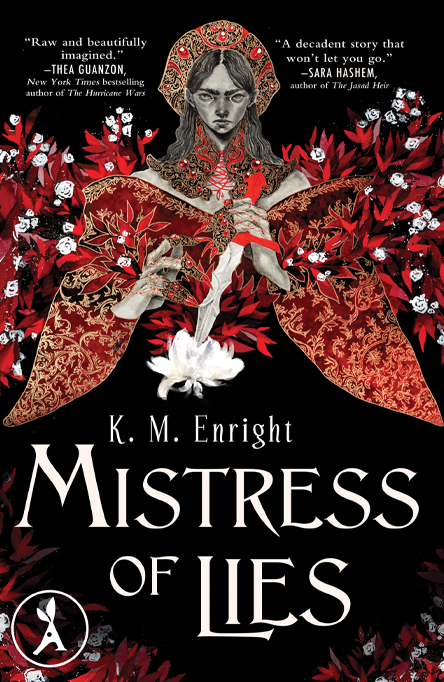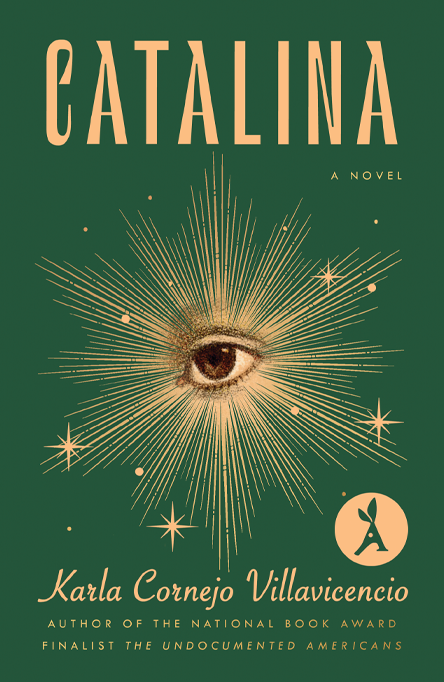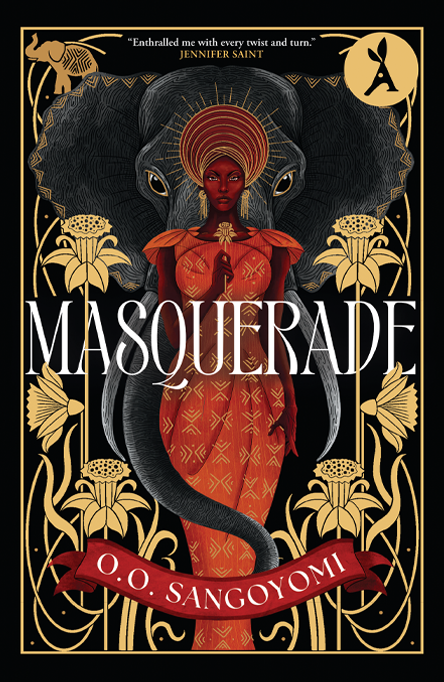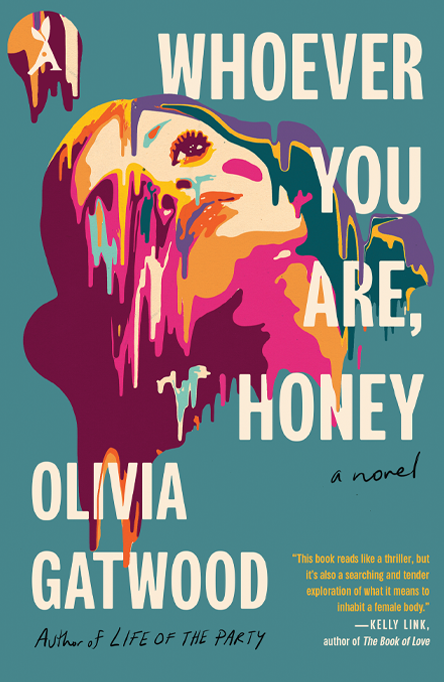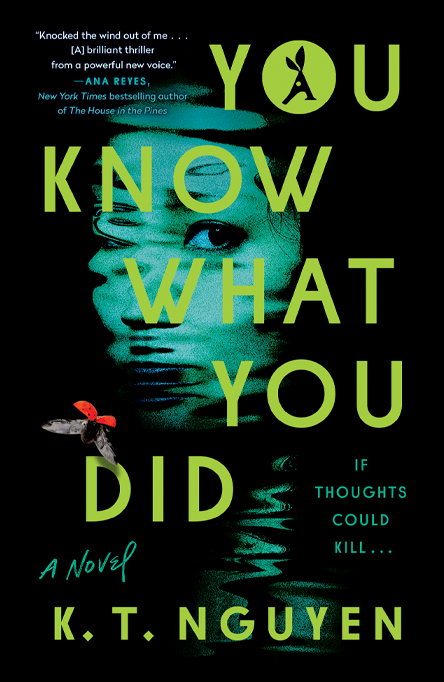An electric debut novel about the daughter of Afghan refugees and her year of self-discovery—“a stunning coming-of-age story” (Publishers Weekly, starred review) and a portrait of the artist as a young woman set in a Berlin that can’t escape its history.
Racism, miscarriage, domestic abuse.
A girl can get in almost anywhere, even if she can’t get out.
In Berlin’s artistic underground, where techno and drugs fill warehouses still pockmarked from the wars of the twentieth century, nineteen-year-old Nila at last finds her tribe. Born in Germany to Afghan parents, raised in public housing graffitied with swastikas, drawn to philosophy, photography, and sex, Nila has spent her adolescence disappointing her family while searching for her voice as a young woman and artist.
Then in the haze of Berlin’s legendary nightlife, Nila meets Marlowe, an American writer whose fading literary celebrity opens her eyes to a life of personal and artistic freedom. But as Nila finds herself pulled further into Marlowe’s controlling orbit, ugly, barely submerged racial tensions begin to roil Germany—and Nila’s family and community. After a year of running from her future, Nila stops to ask herself the most important question: Who does she want to be?
A story of love and family, raves and Kafka, staying up all night and surviving the mistakes of youth, Good Girl is the virtuosic debut novel by a celebrated young poet and, now, a major new voice in fiction.
Don't just take our word for it...
“Once in a blue moon a debut novel comes along, announcing a voice quite unlike any other, with a layered story and sentences that crackle and pop, begging to be read aloud. Aria Aber’s splendid Good Girl introduces just such a voice… Aber, an award-winning poet, strikes gold here, much like Kaveh Akbar did in last year’s acclaimed Martyr!“
– Los Angeles Times
“[An] exhilarating debut novel… Aber’s first book was a collection of poetry [Hard Damage]; she has published astonishing poems I’ve read dozens of times. It’s thrilling to see her turn major poetic gifts toward the sweep of this Künstlerroman… While reading Good Girl, I thought of James Baldwin, writing in a letter that ‘the place in which I’ll fit will not exist until I make it.’ With her novel, Aber has made the world more spacious: More people will find a place to fit.”
– R. O. Kwon, The New York Times Book Review
“Aria Aber is a poet who veers into that specifically ambiguous territory of ‘famous poet’, but even if you haven’t yet heard of her, you’re going to know her from her fiction debut, Good Girl… I love reading a poet’s fiction: every line is intentional and purposeful, gleaming with sharp, incisive meaning, while taking you on the journey of their narrator’s life, and this one is no different. One gets to have it all in such a case: at the line level, the plot level, and the novel as a whole, it’s a marvel.”
– Literary Hub
Taste the very first page
The train back to Berlin took seven hours, and the towel in my suitcase was still wet from my last swim in the lake, dampening the pages of my favorite books. I took the S-Bahn and then the U-Bahn home to Lipschitzallee and walked past the discount supermarket, the old pharmacy, and the Qurbani Bakery with the orange shop cat lounging outside its door. In our build- ing’s elevator, an intimate odor assaulted my nostrils: urine mixed with ash. Hello, spider, I said, looking at the cobweb in the corner. The ceiling lamp twitched, turning alien the swastika graffiti. My key, fastened by a pink ribbon, turned in the old lock. Nobody was home. I kicked off my shoes. The cat meowed for food, its dander floating in the air. My room was merely all it had been for so many years: a suffocating box with a tiny window, pink sheets, and that Goethe quote I’d painted in golden letters above my desk. The popcorn ceiling seemed lower than before. I wiped the kitchen counters, walked into my parents’ bedroom, opened their closet, and pulled out my mother’s cashmere frock. Maybe I cried, maybe I didn’t. What I did was lie in bed and sleep until dark, covering my face with her dress.
You might also like
RomanceDebut NovelIncludes a Dog
Any Trope But You
A bestselling romance author flees to Alaska to reinvent herself and write her first murder mystery, but the rugged resort proprietor soon has her fearing she’s living in a rom-com plot instead.
ThrillerContemporaryDebut Novel
Tilt
Annie is nine months pregnant. She’s shopping for a crib at IKEA. That’s when the massive earthquake hits. There’s nothing to do but walk.
HistoricalDebut NovelMagical Realism
Junie
A young girl must face a life-altering decision after awakening her sister’s ghost, navigating truths about love, friendship, and power as the Civil War looms.
Dead Money
Featuring jaw-dropping twists and a wily, outsider heroine you can’t help rooting for, Dead Money is a brilliant sleight-of-hand mystery.
Unromance
A recently dumped TV heartthrob enlists a jaded romance novelist to ruin romance for him—one rom-com trope at a time—so he never gets swept off his feet again…
Motheater
In this nuanced queer fantasy set amid the Appalachian Mountains in Virginia, the last witch of the Ridge must choose sides in a clash between industry and nature.
HistoricalDebut NovelLGBTQIA+Gothic FictionDark Academia
The Resurrectionist
A twisty gothic debut set when real-life serial killers Burke and Hare terrorized the streets of Edinburgh, as a young medical student is lured into the illicit underworld of body snatching.
The Serpent and the Wolf
A thrilling romantasy debut combines high-stakes political intrigue and a steamy, slow-burn, enemies-to-lovers romance.
What It’s Like in Words
A dark, intense, and compelling account of what happens when a young woman falls in love with the wrong kind of man.
HistoricalDebut NovelIncludes a Dog
Eleanore of Avignon
The story of a healer who risks her life, her freedom, and everything she holds dear to protect her beloved city from the encroaching Black Death.
Colored Television
A brilliant dark comedy about love and ambition, failure and reinvention, and the racial-identity-industrial complex.
The Truth According to Ember
A Chickasaw woman who can’t catch a break serves up a little white lie that snowballs into much more in this witty and irresistible rom-com by debut author Danica Nava.
Mistress of Lies
A villainous, bloodthirsty heroine finds herself plunged into the dangerous world of power, politics and murder in the court of the vampire king in this dark romantic fantasy debut.
Catalina
by Karla Cornejo Villavicencio
A year in the life of the unforgettable Catalina Ituralde, a wickedly wry and heartbreakingly vulnerable student at an elite college.
HistoricalDebut NovelMagical Realism
Masquerade
Set in a wonderfully reimagined 15th century West Africa, Masquerade is a dazzling, lyrical tale exploring the true cost of one woman’s fight for freedom and self-discovery, and the lengths she’ll go to secure her future.
Whoever You Are, Honey
This darkly brilliant debut novel explores how women shape themselves beneath the gaze of love, friendship, and the algorithm—by a thrilling feminist voice for the age of AI.
ThrillerDebut NovelIncludes a Dog
You Know What You Did
In this heart-pounding debut thriller for fans of Lisa Jewell and Celeste Ng, a first-generation Vietnamese American artist must confront nightmares past and present...
